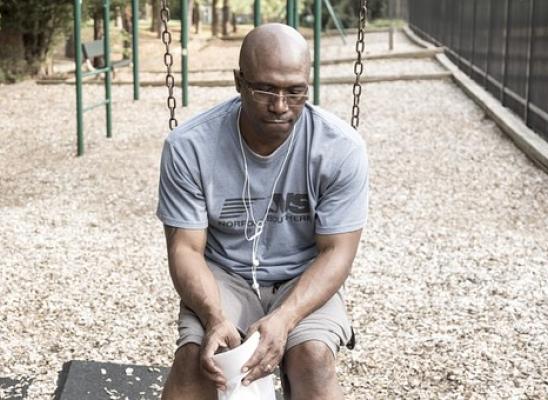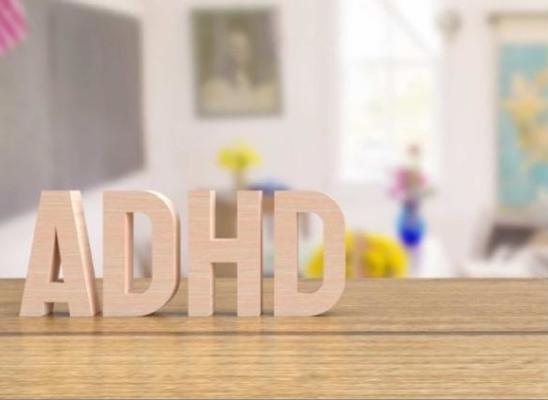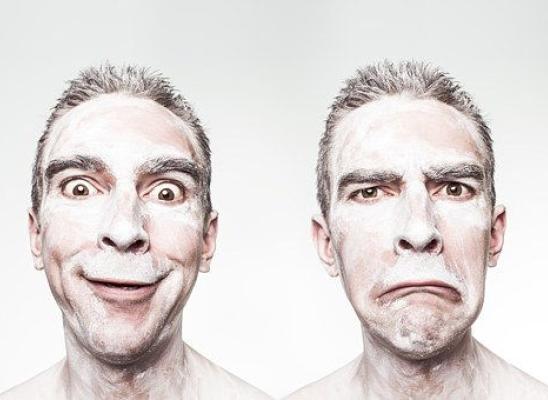Hooray for Mental Health Days - Not Just for Students
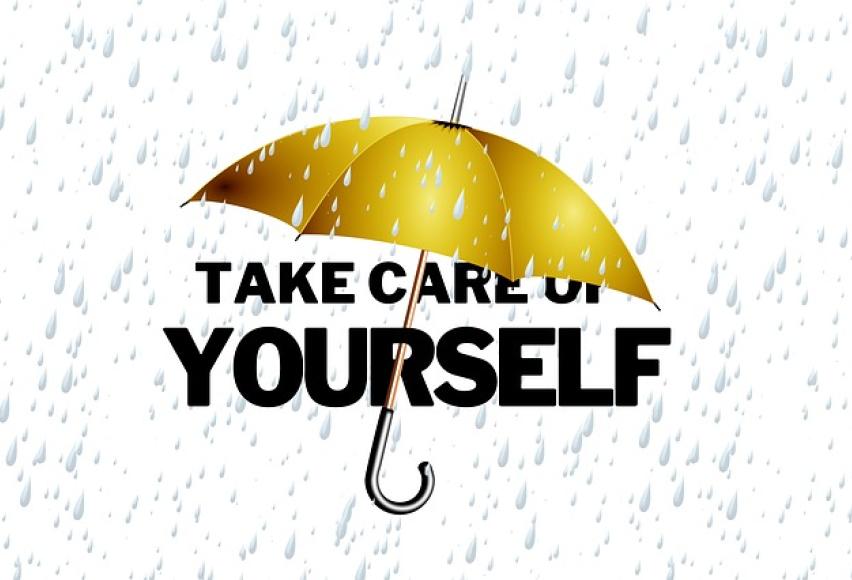
Online test
Find out the severity of your symptoms with this free online test
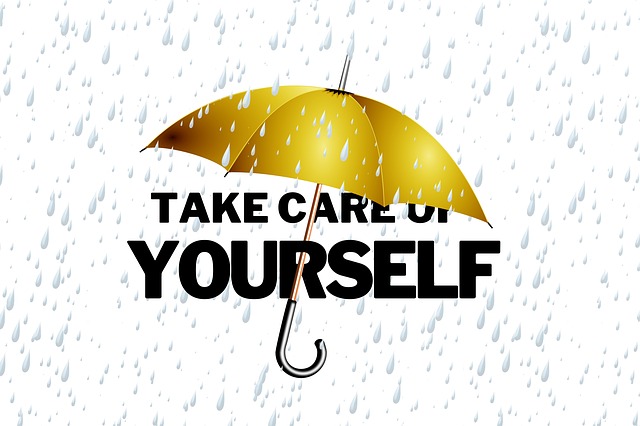 The recent news about Oregon and Utah, granting students permission for taking excused absences for mental and physical health needs is a giant leap towards teaching people to take of themselves.
The recent news about Oregon and Utah, granting students permission for taking excused absences for mental and physical health needs is a giant leap towards teaching people to take of themselves.
Anyone who struggles with mental or physical health issues will attest that attention and concentration are the first to fade. Transient periods of stress, grief, and trauma may not meet the criteria of mental illness, but impact a person’s ability to function severely. Giving students, and hopefully, the adults in their lives, the freedom to take a break when their minds and bodies need it without penalty is vital for healing. Taking time off proactively also minimizes the damage to oneself and reduces the negative consequences of pushing through hard times. Those adverse effects not only worsen overall mental health but also cause underperformance at school or work.
As a therapist, there were many occasions when I took mental health days, which included rescheduling clients. My colleagues did not approve, which I thought was strange. However, in the helping fields, it takes extra energy to be fully present and attentive to another person. Distracted helpers end up making things worse, and my professional goal was to give the clients the best I could. So, during the first appointment with clients, I would let them know that there may be times when I need a mental health day, and I told them in advance why this would benefit them. I also told them it was perfectly acceptable to cancel an appointment if they felt that a day of self-care at home would benefit them more. In other words, if attending an appointment caused added stress, don’t do it. I provided an example for my clients. They knew that I would take care of myself to make sure I could offer them my best, and they agreed to take care of themselves.
I did not take many mental health days, and none of my clients ever took advantage of that policy by frivolously canceling appointments. However, I remember a young lady who took me up on it once. She suffered from childhood trauma and had difficulty maintaining a regular sleep schedule because of nightmares, intense anxiety, and panic attacks, which also meant she homeschooled. One day, she canceled her appointment last minute because she had not slept the night before, but at the next appointment, she told me how wonderful it felt to take care of herself that day instead of rushing to get to a meeting with me. She further appreciated having permission in advance to do it, which meant she did not have to stress about whether her therapist would be mad that she canceled.
Western society focuses so much on achievement and “doing” that most people feel guilty for taking time off. According to this article, a quarter of Americans have over nine days of paid time off accrued every year and more than half of them will never take it. Are these the same people who suffer from stress, anxiety, and depression? Could they experience a better quality of life by taking every bit of paid time off allowed? When the topic came up in session about taking a mental health day, teens and adults often came up with excuses for why they could not.
Excuses, excuses
Here are some things I heard from clients and ways to dispute those excuses:
-
Work will pile up
- Maybe so. You can either work now with a tired, inefficient brain which will cause poor work product that you may have to do again OR work with a rested brain and produce better quality work.
-
I can’t
- Why not? If there is a rule, what is the exception? Under which circumstances would it be possible? What would it look like and feel like if you could?
-
I don’t know what to tell school or work
- “I’m taking a day off because I am not feeling well.” They need not know exactly why. Even without the new law, there are often rules that allow at least one day off without a doctor’s note.
-
I will let classmates or colleagues down
- Would you say those people want the best for you? Does that include feeling your best? Working your best? How helpful will you be if you cannot concentrate or pay attention?
-
Teachers/Professors/Bosses expect perfect attendance
- Do they? Alternatively, what if they value quality participation and work more? Make the case to yourself and to them that a rested you is a more productive you.
Go for it
Whether you take the day off for mental health reasons or just for self-care, consider ways you can make it happen. If you find yourself in a situation where the circumstances of work or school do not allow for a day or two off, then perhaps that situation is not right for you. When considering a school or place of employment, ask about policies related to absences. How many days do you get before you need a medical excuse? How much information are you required to share about reasons for taking days off? If you need a medical excuse for every day off and you know you struggle with an issue that may require a day off occasionally, establish a quality relationship with your primary care provider, school counselor, or university health center. They are often will to advocate on your behalf and provide you with a medical excuse when you need it with little hassle.
My challenge to you is to look at your schedule and permit yourself to take mental health days. Those days can be preventive or reactive but get in the habit of putting your mental wellness first.
Online test
Find out the severity of your symptoms with this free online test
Start your journey with TrichStop
Take control of your life and find freedom from hair pulling through professional therapy and evidence-based behavioral techniques.
Start Now


